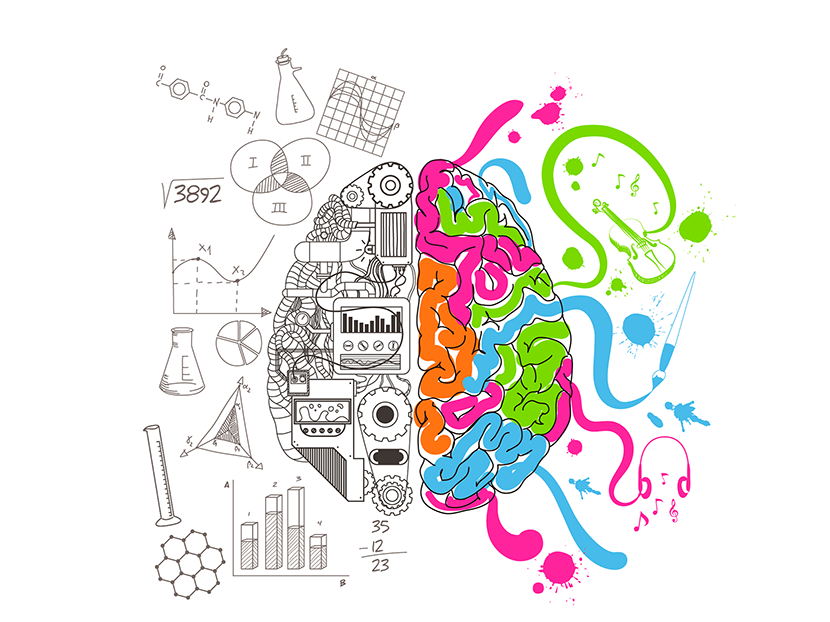I believe that the values of resilience, creativity, innovation and a sense of urgency have been embedded in the Portuguese genetic code for centuries and will not go away so easily
By Diogo Sousa-Martins, CEO ELS Solutions
I was having dinner last week with a friendly foreign couple who jovially referred to the Portuguese as “gray”, possibly supported by their apparent dissatisfaction with the challenges that the current situation imposes on most families. I kept thinking about this.
In a country immersed in a context of economic contraction and social inequality for so long, it is understandable the difficulty in summoning a state of mind that embraces positivism, which differs from optimism because it is not a contemplative emotion. The paradox is that, once robustly instilled in our web of values, it may be precisely this state of mind that not only allows us to overcome troubled periods faster and with better results, but above all, to use this unfavorable external context as a tool for glimpsing weaknesses and past mistakes in order to definitely change for the better. Much better.
But why do not we all do this? Just because the Portuguese are pessimistic and gray? Certainly not. Let’s change time? Certainly yes.
Science has consistently provided evidence that personal and professional performance improves significantly in self-confident, positive, and optimistic people. On the contrary, scientific articles have also shown that this performance improvement only manifests itself when this positivist attitude is applied continuously in all situations.
The advent of functional magnetic resonance has revolutionized the knowledge of how the brain works. Now it is possible to isolate the different areas of the brain involved in the production of feelings and thoughts, above all, the areas that activate the defense mechanisms, linked to the survival instinct (crucial in childhood and quasi-harmful in adulthood), and like those of sense and rationality. While the former are warning mechanisms that incorporate undesirable feelings such as excessive need for acceptance, perfectionism, or negative judgment, the latter are constructive, innovative, and strategic analysis mechanisms. The perspective of the latter is that any challenge is a gift or can be turned into an opportunity. This constructive form of reaction, focused and wise – positivist – is activated, among others, by the right side of the brain and by the medium prefrontal cortex. From the analysis of the strength and prevalence of each of these mechanisms codified in the way each individual reacts to certain situations, it is possible to identify a very strong correlation between attainment of success standards (be it professional, personal or even happiness) and a greater use of the mechanisms of sensibility and positivity described. Whether it is believed or not, the correct diagnosis (and weakening) of defense systems and the deliberate strengthening of positivism at the cerebral level (yes, it can be exercised) has a direct correlation with the levels of happiness and personal and professional performance above of the average. Several credible and rigorous scientific studies prove this fact.
I do not believe that the Portuguese are “gray” or that we live in a society depressed by the economic-social conjuncture by pure negativism. I believe that the values of resilience, creativity, innovation and sense of urgency have been embedded in the Portuguese genetic code for centuries and will not go away so easily. Their expression in the form of attitudes is that it may vary according to external stimuli, and in fact, we do not always recognize or value the fabulous (and scientifically proven) power of positivism.
But the fault is not only of the Portuguese “cinzentismo”, famous epíteto (this yes, non-scientific), that, incidentally, is not exclusive our but ubiquitous to all the western civilization, whose education system not only encourages, exposes and trains specifically the left side of the brain, how it discriminates or ignores the use of the contralateral, castrating epiphanies. Most GMATs, benchmarking tests, or exams we do in our lives reward responses exercised on the left side. After all, who does not like the comfort of facts, the heat of logic and the security of details? But epiphanies, generated mostly on the right side, typically in moments of relaxation, allow us to visualize the answers that solve major problems, when we finally manage to silence the left side of the brain.
While we can not find all the answers we seek, we face the reality that presents itself today as a new opportunity that will take us to a different and potentially better way than the first, to nurture confidence in the future and practice positivism in life and relationships, exercising the right side of the brain, does not strike me as a bad idea. At least to continue dinner quietly with other “gray”.


